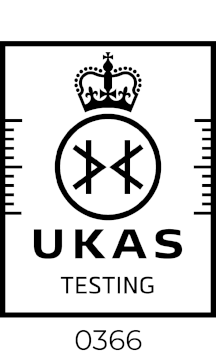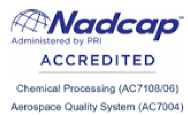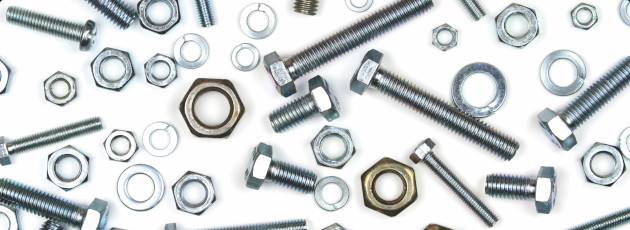Destructive Testing FAQs
Destructive testing is a mechanical testing method that is carried out to help our customers understand the behaviour and performance of a material, product or sample under stress.
A load is applied to the material up to the point of failure (when it breaks) or permanent deformation.
The purpose of destructive testing is ultimately to understand how a material will react to extreme stress or loads. Knowing how much stress a material can withstand before complete failure is critical when planning on using that material for key engineering design, manufacturing processes, and product design.
Destructive testing is usually carried out to International Standards or bespoke test methods in line with customer requirements.
Most types of mechanical tests can be conducted for destructive testing, such as hardness testing, impact testing, tensile testing, fatigue testing, bend testing and torsional testing.
Hardness and tensile testing can be combined as one destructive test method.
All other mechanical tests, such as impact, fatigue, bend and torsional testing require separate destructive tests.
Our mechanical tests can be combined with other departments such as metallurgical, chemical analysis, finish testing, product testing, or weld testing, where we will carry out a mechanical destructive test, and our metallurgical test department can carry out failure assessments to investigate why the sample has broken.
Destructive testing is carried out with the intention to apply stress until failure. This means that the sample or material will be permanently deformed or will break entirely.
Non-destructive testing (NDT) does not damage the sample, so the specimen can still be used for after testing.
Destructive testing is a key part in designing, manufacturing and products and samples for a variety of industries, and forms a crucial part of the quality compliance process.
Destructive testing gives an insight into how much stress a sample can withstand within its intended environment, so this information is crucial when deciding whether a certain material or product is suitable.
The type of destructive test is normally advised by the material’s own standard or specification. This information is then instructed by our customers, letting us know what type of destructive test they require.
In some cases, an unknown material may need to be identified before a destructive test can be carried out. Our technologists will carry out chemical analysis tests to identify chemical properties within the material to determine what the material is.
We will then provide this information to our customer, and if further testing is required, we will carry out destructive tests to identify the grade of the material. We work with our customers to develop a testing plan to identify both the material composition and the material grade in order to carry out destructive testing.
Destructive weld testing is carried out on completed welds to determine the characteristics of the weld. This includes checking the performance and capability of the welder, the filler that has been used as part of the welding process, and the integrity of the weld itself.
Destructive weld testing is extremely important, as it allows our customers to determine whether the quality of the weld is acceptable.
Firstly, you would need to contact us to let us know your material specification so we can determine what type of destructive test is needed.
When we have discussed your initial requirements, you will then be asked to send in your sample, along with a purchase order.
Your sample will be booked into our goods inwards office, and our mechanical department will create a contract review for you to sign so you acknowledge what tests will be carried out. Using our Dynalabs LIM system, every sample we receive has its own barcode for complete traceability.
If your sample requires machining before testing, the sample will then be passed on to our workshop with working instructions regarding what needs to be machined.
Your sample will then be submitted to our test lab, where it will be tested in accordance with the material standards or specifications and agreed contract review.
When the tests have been completed, our technicians will create the test report and submit the results to you. If you have requested your sample to be sent back to you, we will arrange collection or delivery of your sample.
The sample size needed for testing is usually indicated in the material’s standards or specifications. However, if a bespoke test is required, or the material sample is unknown, we will discuss the size requirements with you during our initial discussions.
We have over 100 years’ of expertise in destructive testing. Our history with destructive testing dates back to 1918, when Rotech started as an in-house works laboratory for Rubery Owen.
Accreditations

No. 0366 Our accreditation is limited to those activities described on our UKAS schedule of accreditation found here

We are Nadcap accredited to Aerospace Quality System (AC7004) and Chemical Processing (AC7108).
